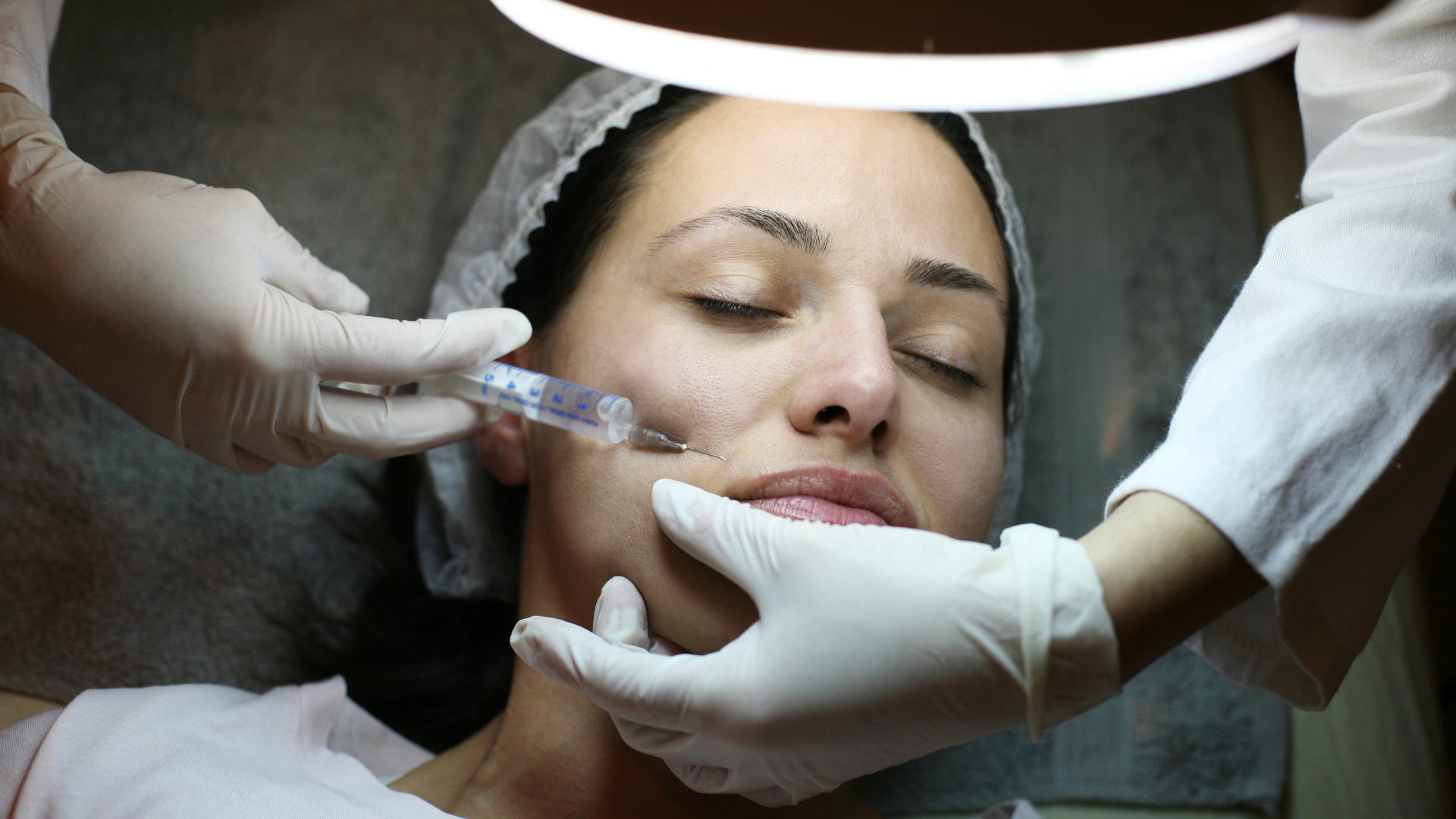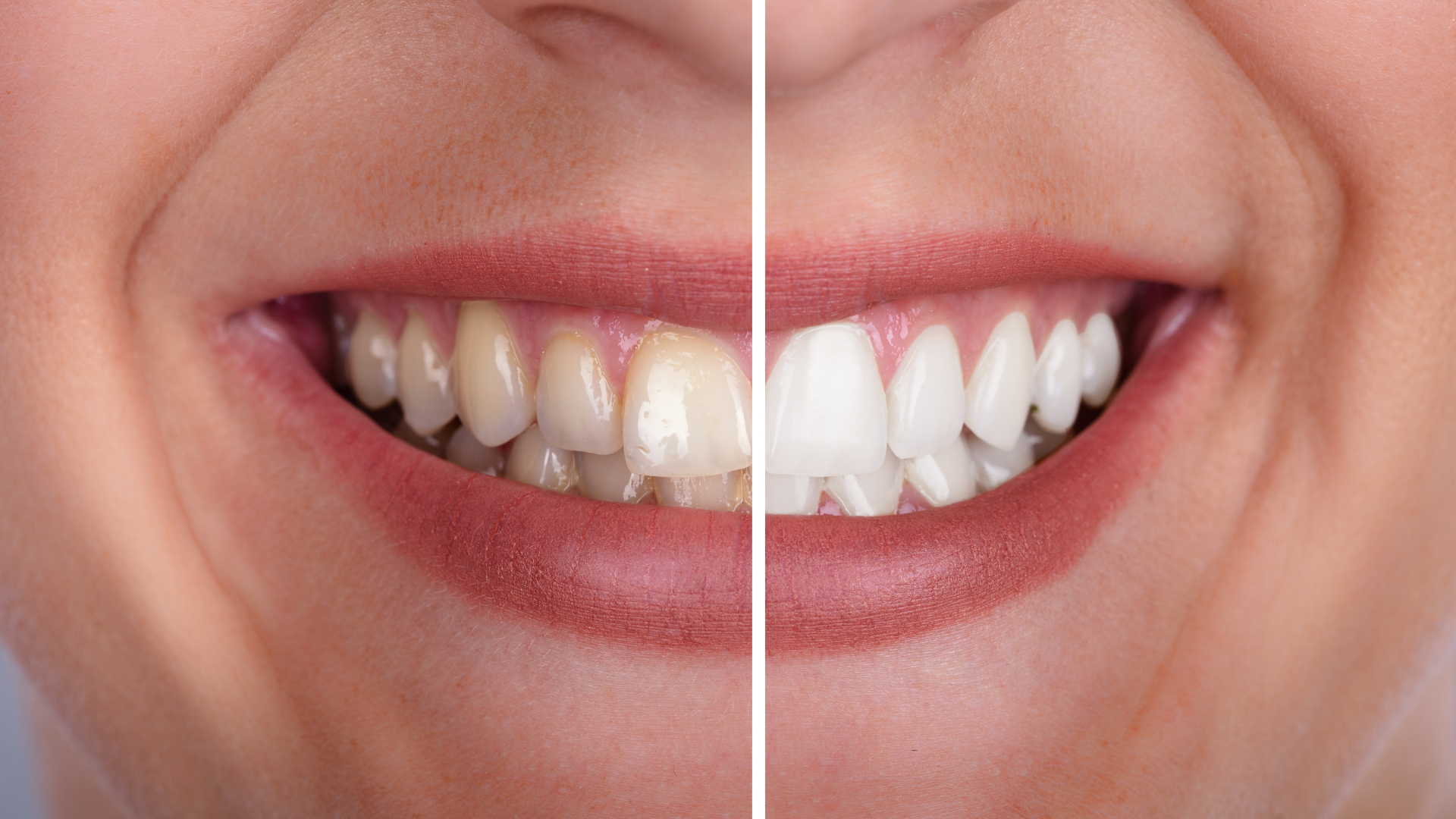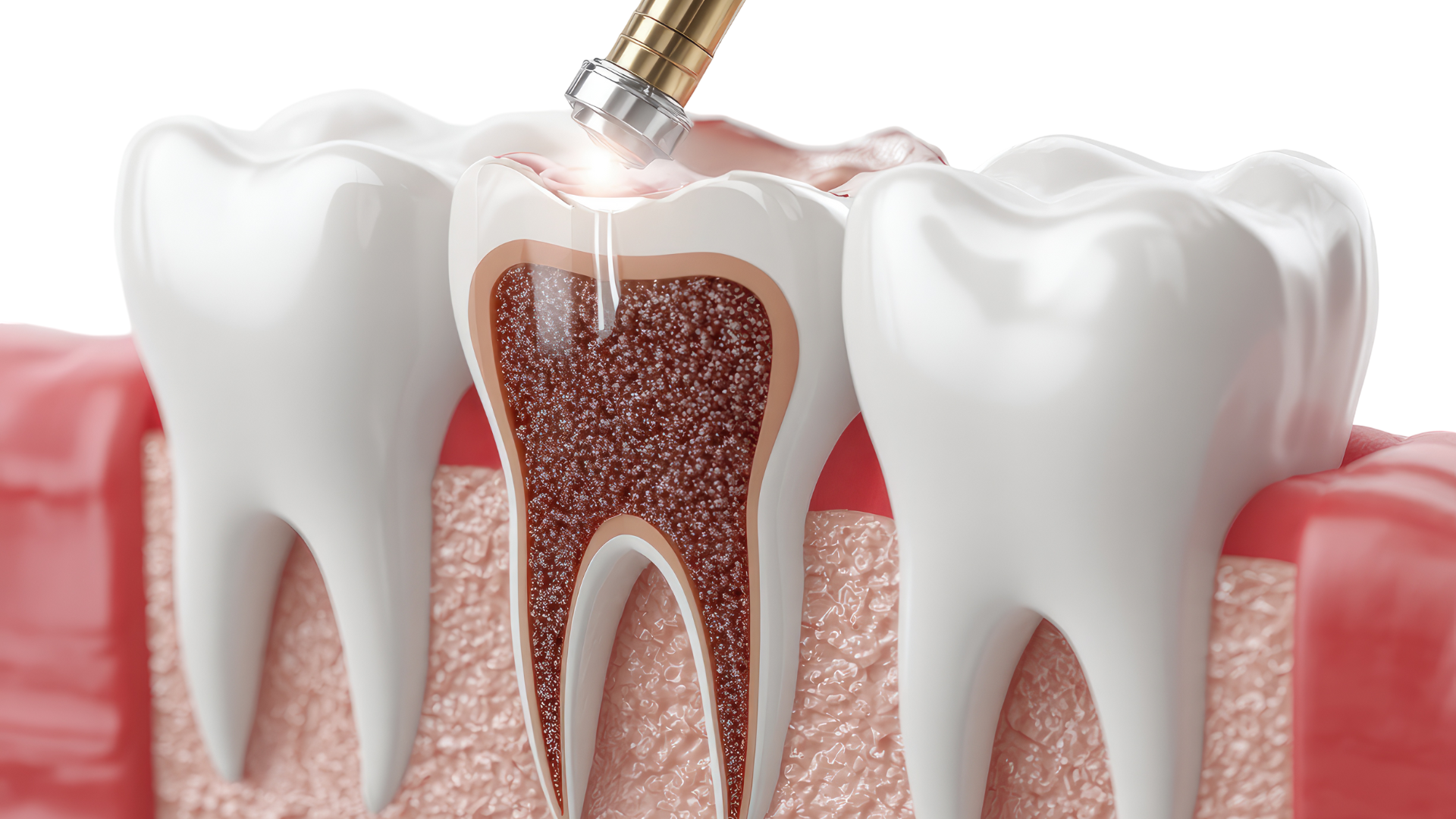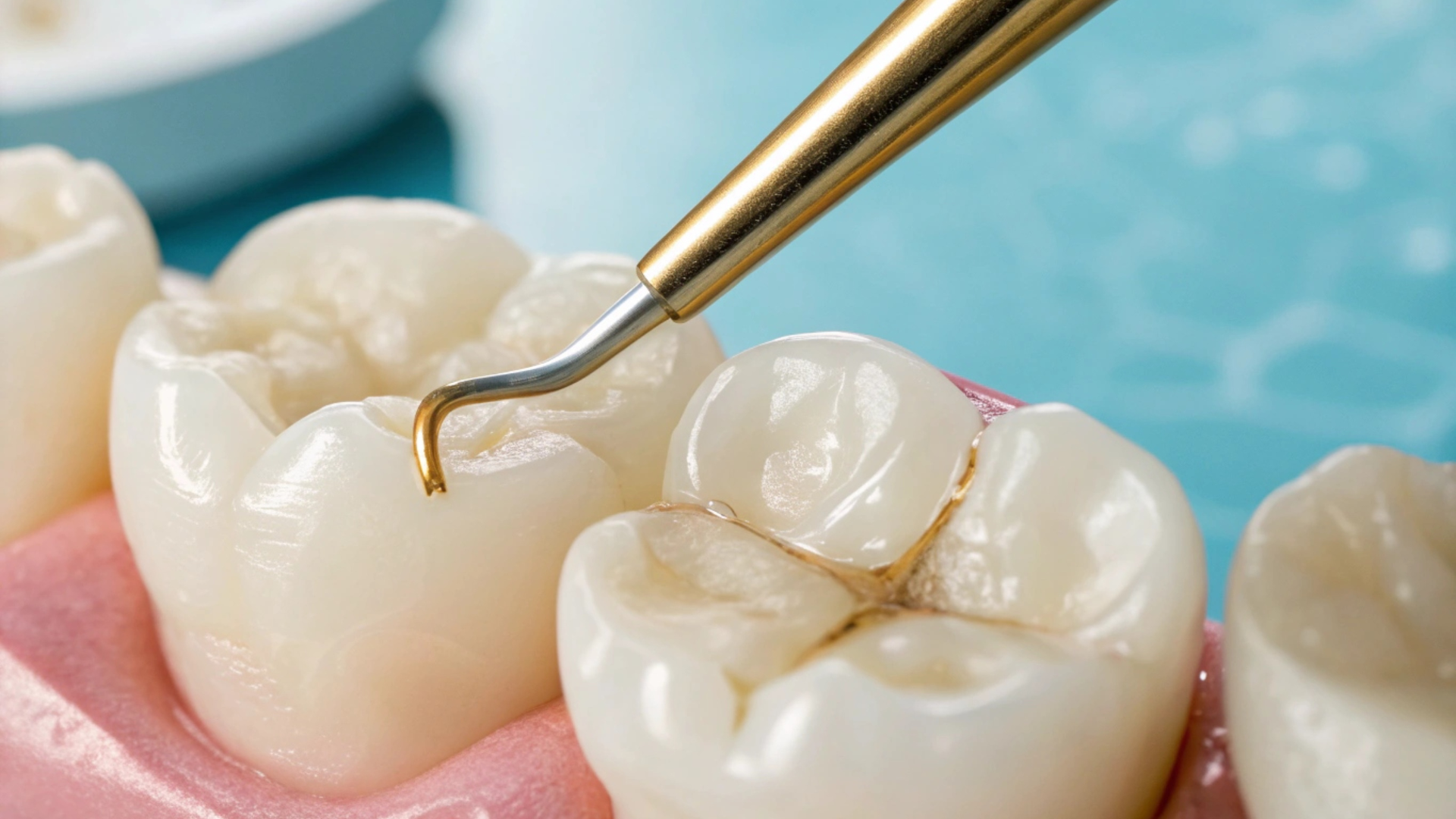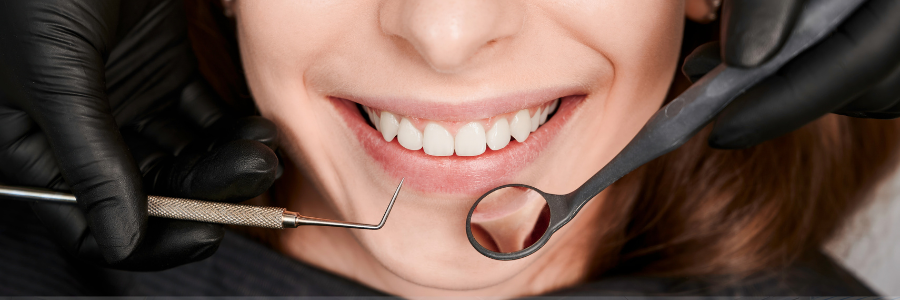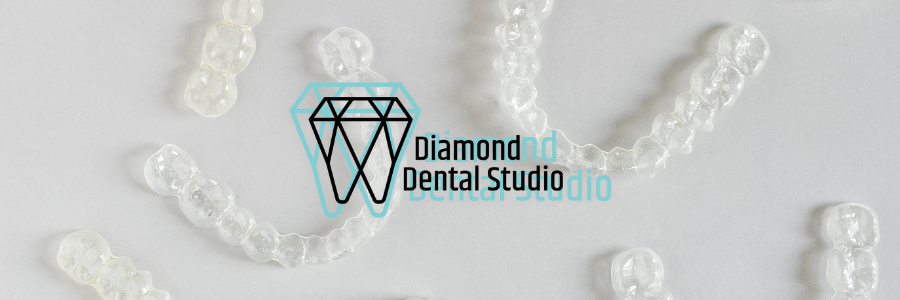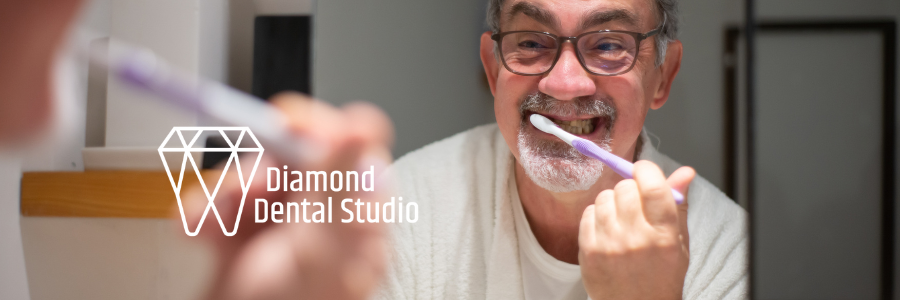The Essentials of Deep Cleaning for Teeth: What You Need to Know
Understanding Deep Cleaning for Teeth
What is Deep Cleaning?
Deep cleaning, also known as scaling and root planing, is a procedure to treat gum disease and prevent it from progressing. Unlike regular cleaning, which focuses on the surfaces of the teeth, deep cleaning targets the areas below the gumline. This process involves removing plaque and tartar buildup from the roots of the teeth, which can help reduce inflammation and promote healthier gums.Why Deep Cleaning is Necessary
Deep cleaning is essential for individuals showing signs of gum disease, such as bleeding gums, bad breath, or receding gums. It helps remove harmful bacteria that regular brushing and flossing can't reach. This procedure is particularly recommended by dentists in San Diego for patients with early stages of periodontal disease. Differences Between Regular and Deep Cleaning
Regular cleaning, also known as prophylaxis, is a preventive measure to maintain healthy teeth and gums by preventing plaque and tartar buildup. On the other hand, deep cleaning is a therapeutic procedure recommended for treating gum disease. If you're considering
teeth cleaning in San Diego
, it's crucial to understand these differences to make an informed decision.
Deep cleaning is a critical procedure for maintaining oral health, especially for those at risk of gum disease. Consult with your dentists in San Diego to determine if this treatment is right for you.

The Deep Cleaning Procedure
Initial Examination
Before the deep cleaning process begins, a thorough initial examination is conducted by your dentist. This involves checking for signs of gum disease, measuring the depth of gum pockets, and taking X-rays if necessary. This step is crucial to determine the extent of cleaning required.Scaling and Root Planing
The core of the deep cleaning procedure is scaling and root planing. Scaling involves removing plaque and tartar from the tooth surfaces and beneath the gum line. Root planing smooths the tooth roots to help gums reattach to the teeth. This process may require multiple visits depending on the severity of the buildup.Post-Procedure Care
After the procedure, proper post-procedure care is essential for healing and maintaining oral health. This includes- Avoiding certain foods and drinks that may irritate the gums
- Using prescribed mouth rinses to prevent infection
- Taking over-the-counter pain relievers if necessary
It's important to follow your dentist's aftercare instructions closely to ensure optimal recovery and maintain the benefits of deep cleaning.
Benefits of Deep Cleaning
Improved Gum Health
Deep cleaning eliminates tartar and bacterial plaque, significantly improving your gums' overall health. This process helps reduce inflammation and prevent gum diseases such as gingivitis and periodontitis.Prevention of Tooth Loss
Deep cleaning helps prevent tooth loss by addressing the root causes of gum disease. It removes harmful bacteria and tartar buildup that can lead to the weakening of the teeth and gums.Enhanced Overall Oral Hygiene
Deep cleaning not only improves the health of your gums and teeth but also enhances your overall oral hygiene. This procedure helps in maintaining a cleaner mouth, reducing bad breath, and lowering the risk of developing other health issues such as cardiovascular diseases.Regular deep cleaning sessions are essential for maintaining optimal oral health and preventing long-term dental issues.
Potential Risks and Side Effects
Common Side Effects
Deep cleaning for teeth is generally safe, but some patients may experience minor complications. Common side effects include:- Teeth sensitivity : Increased sensitivity to hot and cold temperatures.
- Sore gums : Temporary tenderness or swelling of the gums.
- Gum recession : Gums may recede slightly, exposing more of the tooth.
Managing Discomfort
To manage discomfort after a deep cleaning procedure, consider the following steps:- Take an over-the-counter pain reliever, such as acetaminophen, naproxen, or ibuprofen.
- Use a soft-bristled toothbrush to avoid irritating your gums.
- Rinse your mouth with warm salt water to reduce swelling and discomfort.
Important: Tenderness and sensitivity should subside within a few days. If symptoms persist, contact your dentist.
When to Contact Your Dentist
While side effects are usually mild and temporary, there are instances when you should contact your dentist:- Persistent pain or discomfort that does not improve with over-the-counter pain relievers.
- Signs of infection, such as excessive swelling, pus, or fever.
- Severe gum recession or bleeding that does not stop.
If you have certain heart conditions or synthetic heart valves, consult your dentist and cardiologist before the procedure to determine if you need antibiotics to prevent bacterial infection.
Aftercare Tips for Maintaining Oral Health
Oral Hygiene Practices
After a deep cleaning, maintaining good oral hygiene is crucial. Brush your teeth at least twice daily and floss daily to remove plaque and food particles. An antimicrobial or fluoride mouthwash can also help prevent infections and promote healing. Your dentist may recommend brushing and flossing techniques to ensure optimal care.Dietary Recommendations
A balanced diet plays a significant role in oral health. Focus on fruits, vegetables, whole grains, lean proteins, and low-fat dairy products. Avoid sugary snacks and beverages, as they can contribute to plaque buildup and tooth decay. Drinking plenty of water helps wash away food particles and bacteria, keeping your mouth clean.Follow-Up Visits
Regular dental checkups and cleanings are essential for maintaining oral health. Your dentist will schedule follow-up visits to monitor your healing progress and measure the depth of your gum pockets. These visits allow your dentist to identify potential issues early on and provide preventive care to keep your teeth and gums healthy. Consistent aftercare and regular dental visits are key to maintaining the benefits of your deep cleaning procedure and ensuring long-term oral health.Cost and Insurance Considerations
Average Cost of Deep Cleaning
The cost of deep cleaning can vary significantly based on several factors, including the extent of the cleaning required and the geographic location of the dental practice. On average, you can expect to pay between $150 and $350 per quadrant of your mouth. It's essential to consult with your dentist to get an accurate estimate tailored to your specific needs.Insurance Coverage
Many dental insurance plans cover a portion of the cost of deep cleaning, but the extent of coverage can vary. Typically, insurance may cover between 50% to 80% of the procedure's cost. You should check with your insurance provider to understand your benefits and any out-of-pocket expenses you may incur.Payment Options
If you do not have dental insurance or if your insurance does not cover the full cost, there are several payment options available:- Payment Plans: Many dental offices offer payment plans that allow you to spread the cost over several months.
- Credit Cards: Using a credit card can be a convenient way to manage expenses, especially if you can pay it off quickly to avoid high interest rates.
- Healthcare Financing: Some specialized healthcare financing companies offer low-interest loans for medical and dental procedures.

